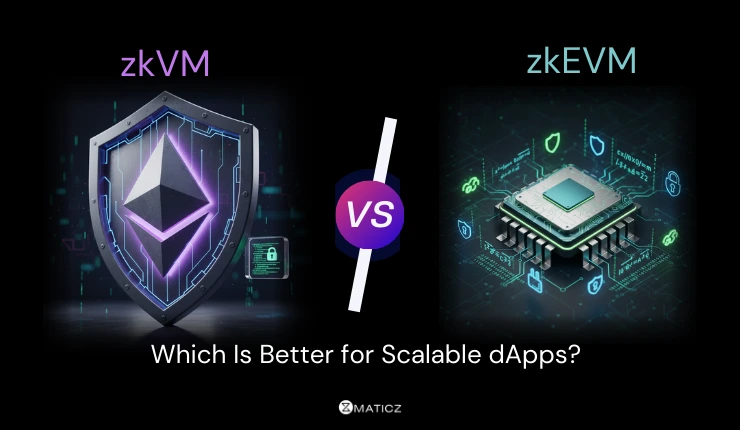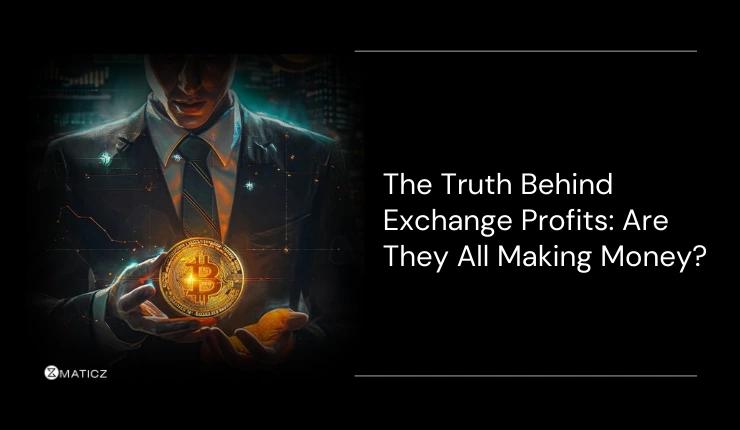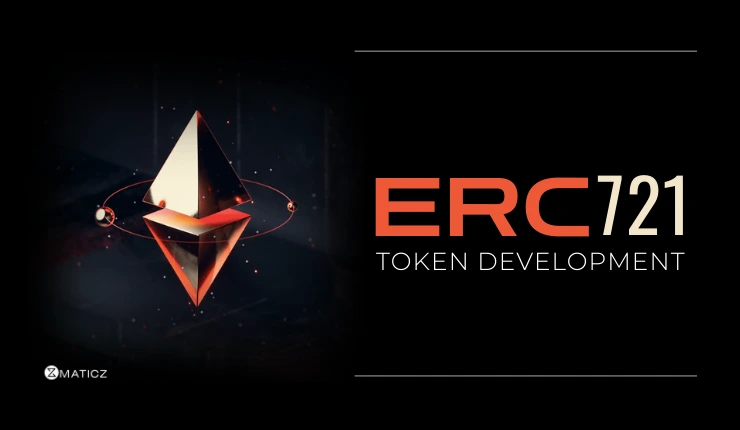Share Posts

How Much Does it Cost for Tokenizing an Asset in 2026?
46
2596
103
The buzz around asset tokenization is quickly gaining momentum as more people become interested in digital ownership and blockchain technology. This shift is changing how assets like real estate, art, and financial instruments are bought and sold, with big growth anticipated in the coming years. The appeal lies in the ability to own fractions of high-value assets, which makes investing more accessible and brings the potential for greater liquidity and transparency. As regulations catch up and blockchain continues to expand, asset tokenization is set to reshape the way we think about traditional investments.
Factors that Determine the Cost of Asset Tokenization
Tokenizing an asset necessitates various factors that impact the overall cost. To create an effective, safe, legal, and useful digital representation of the asset on the blockchain, these elements are necessary. This is a summary of the main costs and related expenses. Here’s a short glimpse of factors in considering the cost of tokenizing an asset;
1. Type of Assets
2. Blockchain and Tech Stack
3. Tokenomics Design and Customization
4. Security and Compliance Features
5. Full Stack Development
6. Quality Assurance and Testing
7. Deployment and Maintenance
Types Of Assets Being Tokenized
Different assets come with specific requirements and complications that affect costs;
Real Estate
Real estate tokenization requires extensive legal documentation and risk management procedures, especially in regulated markets. Costs may also include asset appraisal, title verification, and property management integration, all of which require expert assistance. Larger assets or portfolios will incur higher costs due to increasing complexity.
Art and Collectibles
Tokenizing art needs expert appraisal, authenticity verification, and secure storage options. The cost of tokenizing rare, valuable items like paintings, sculptures, and collectibles increases as a result of these extra steps.
Financial Instruments
It is essential to comply with financial regulations such as KYC (Know Your Customer) and AML (Anti-Money Laundering) when tokenizing commodities, stocks, or bonds. Longer development cycles and higher legal and compliance consulting costs may follow from this.
Intellectual property, carbon credits, and private equity have particular criteria that influence token design and compliance, affecting total cost.
Blockchain Platform and Technology Stack
The choice of blockchain and technology stack impacts the token development costs;
Public vs Private Blockchains
Using a public blockchain, such as Ethereum, can increase network fees (gas fees) and the need for scalability solutions, particularly for large transaction volumes. Private or permissioned blockchains, such as Hyperledger, can provide greater control and anonymity, but they typically involve higher setup and maintenance expenses.
Smart Contract Development
Smart contracts are critical for automating asset transfer, ownership, and compliance regulations. Developing secure, audited contracts is critical for avoiding security vulnerabilities, which can be costly.
Each blockchain platform has its programming languages (e.g., Solidity for Ethereum) and standards (e.g., ERC-20, ERC-721), which can affect costs depending on developer skill and availability.
Interoperability
If the tokens need to be transferable across different blockchains, another layer of development is required to create bridges or interoperable protocols, which often increases the overall costs.
Tokenomics Design and Customization
Token Model
A thorough analysis of the asset's value, liquidity, and market dynamics is required to create a token with particular properties, such as utility tokens or security tokens. Building a solid tokenomics model can take a lot of time because it needs professional advice to guarantee operational efficacy and compliance.
Features and Utility
More development work will be required and costs will increase if the token needs extra features like staking, governance, or integration with decentralized finance (DeFi) platforms.
Liquidity Management
Some tokenization solutions include liquidity mechanisms such as market makers or liquidity pools, which increase both development and operating costs.
Security and Compliance
Tokenization prioritizes security, particularly when assets have significant value.
Smart Contract Audits
Third-party companies like CertiK, Quantstamp, or OpenZeppelin perform audits to find smart contract vulnerabilities. These audits can cost anywhere from $5,000 to $30,000 and are essential for building trust depending on their complexity.
Regulation Conformity
Compliance is critical, especially if you're issuing security tokens representing shares or other regulated assets. This frequently necessitates legal counsel, additional compliance software, and regular monitoring, which significantly raises the cost.
Security tokens, for example, must adhere to securities regulations (such as Reg D and Reg A+ in the United States), which necessitate specialized legal and regulatory frameworks.
Data Privacy and Security
Ensuring GDPR compliance, managing private data, and implementing secure storage solutions (for metadata and off-chain data) all add to the overall cost, particularly in data-sensitive industries such as healthcare and financial services.
Full-Stack Development
Developers may need to build a front-end interface (for users and investors), and back-end infrastructure, and integrate with the blockchain network according to the project needs. Including additional features like white-label crypto payment gateways, wallet integrations, and investor dashboards increases development time and cost.
Quality Assurance and Testing
Comprehensive testing ensures the platform's reliability and performance. This includes evaluating smart contracts, security protocols, and UI/UX elements. Testing is typically done in stages and may include simulated transactions, stress tests, and audits, which add to the project's overall cost.
Deployment and Maintenance
After development, deploying the solution to the mainnet or a production environment necessitates careful management, especially for public blockchains with immutable transactions. The ongoing maintenance costs include updates, potential fixes, and monitoring.
Overall Cost Range For Asset Tokenization
Considering these factors, asset tokenization projects can fall into the following cost brackets:
Basic Tokenization Project
$30,000 to $50,000 for simpler assets (such as limited real estate or collectible projects) with low compliance requirements.
Mid-Level Project
$50,000 to $100,000 for projects that require detailed compliance, smart contract auditing, custom platform development, and increased security.
Enterprise-Level Project
$100,000 to $500,000 or more for large-scale assets, complex risk management procedures (such as financial securities), advanced customization, and liquidity mechanisms.
These figures offer a broad estimation, as specifics like jurisdiction, asset type, and custom features can cause prices to vary. For the most accurate cost breakdown, working with a tokenization consultant or development firm is essential, ensuring alignment with regulatory standards and optimal blockchain choices.
Conclusion
By collaborating with Maticz, a leader in real-world asset tokenization services, you can gain the edge you need to offer your clients safe, legal, and easy-to-use digital ownership solutions. Because of Maticz's experience, you can better understand the intricacies of tokenizing assets like stocks, bonds, real estate, and artwork if you're researching the asset tokenization market. Their assistance will enable you to generate new sources of income and increase your clients' access to investing.
Tap Into the Future
The latest insights, posts, and project updates - straight to your inbox.




